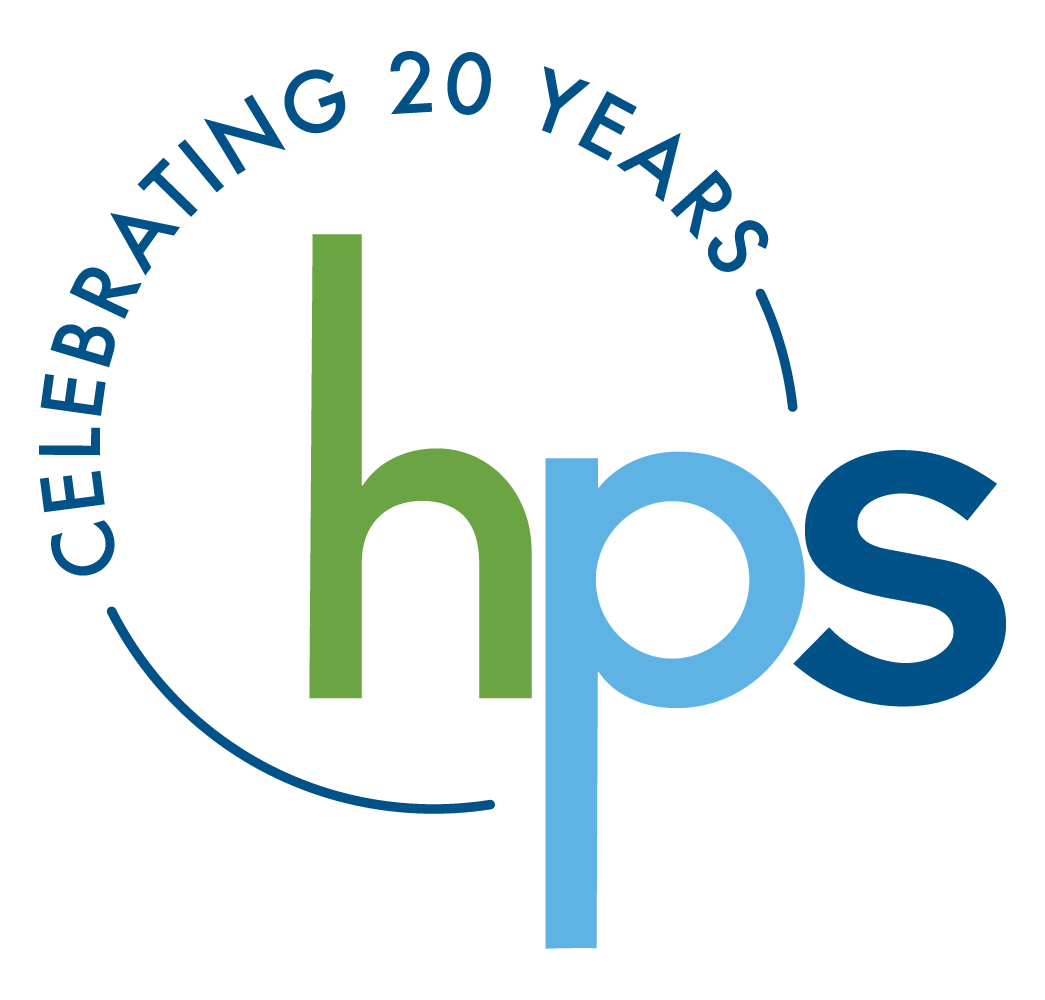Updates on Illinois PJI Statute
Updates on Illinois PJI Statute
Chicago
December 16, 2022
By Sean O’Connell
In October, Federal Judge Steven C. Seeger declined the defendants’ request to stay Illinois’ prejudgment interest statute in the case of Saiyed v. U.S. due to ripeness. He based his decision on procedural law. Both the state’s appellate courts and Supreme Court have yet to take prejudgment interest under consideration. Only state circuit courts have ruled on the issue thus far and, as stated in Delgado v. Bd. of Election Comm’rs, their decisions carry no precedential value. 865 N.E.2d 183, 188 (Ill. 2007). “As things stand,” wrote Judge Seeger, “no one knows how the constitutionality of the statute will shake out.” Therefore, he saw “no reason to lurch forward and address the statute’s constitutionality, especially when the passage of time may yield more guidance from Illinois appellate courts.” Federal courts maintain original jurisdiction over Saiyed because the federal government employed the physician and midwife involved in the case.
Moreover, Judge Seeger declined stay prejudgment interest in an effort to promote plea agreements. The Judge reasoned that, “if the statute is stayed, and the clock is stopped, defendants will have less of a financial incentive to come to the bargaining table. A stay would lessen the pressure to make a settlement offer. From a carrots-and-sticks perspective, staying the statute would preserve the carrot and shrink the stick."
Effective July 1, 2021, the Illinois prejudgment interest amendment allows plaintiffs in personal injury and wrongful death lawsuits to collect interest against defendants from the time a lawsuit is filed rather than when judgment is entered. The 6% per annum interest is applied on the date an action is filed on the difference between the amount of the judgement and punitive damages, sanctions, statutory attorney’s fees, statutory costs, and the amount of the highest written settlement offer.
The Law Division of the Cook County Circuit Court declared the amendment unconstitutional for violating various federal and state constitutional provisions. The law division issued a singular order after its judges received numerous motions and pleadings challenging the amendment’s constitutionality. In the interest of justice and judicial economy, the law division designated one judge, Hon. Marcia Maras, to the hear these motions on a consolidated basis.
In May 2022, Judge Maras declared the law unconstitutional because it violated the right to a jury trial in that it improperly reduced the jury’s role in assessing all issues, including damages, and instead predicated the amount of damages awarded on time-limited offers. Moreover, noted Judge Maras, the amendment violated the Illinois constitution, which prohibits special laws when a general law is or can be made applicable. As noted by the Illinois Supreme Court, the purpose of such a prohibition “is to prevent arbitrary legislative classifications that discriminate in favor of a select group without a sound, reasonable basis.” Best v. Taylor Machine Works, 179 Ill. 2d 367 (1997). The amendment granted a substantial benefit upon personal injury and wrongful death plaintiffs and excluded other similarly situated tort plaintiffs to relieve court congestion caused by all tort actions.
Disclaimer: This publication is not intended to provide legal advice but to provide general information on legal matters. Transmission is not intended to create and receipt does not establish an attorney-client relationship. Readers should seek specific legal and/or medical advice before taking any action with respect to matters mentioned in this publication. The attorney responsible for this publication is Sean O’Connell. This post constitutes a form of attorney advertising as defined by some state bar associations.


